Mozambique: Foreign Ministry denies employing Brazilian drug trafficker - AIM report
Mozambique: UN needs $7.2M for aid after cyclone Chido
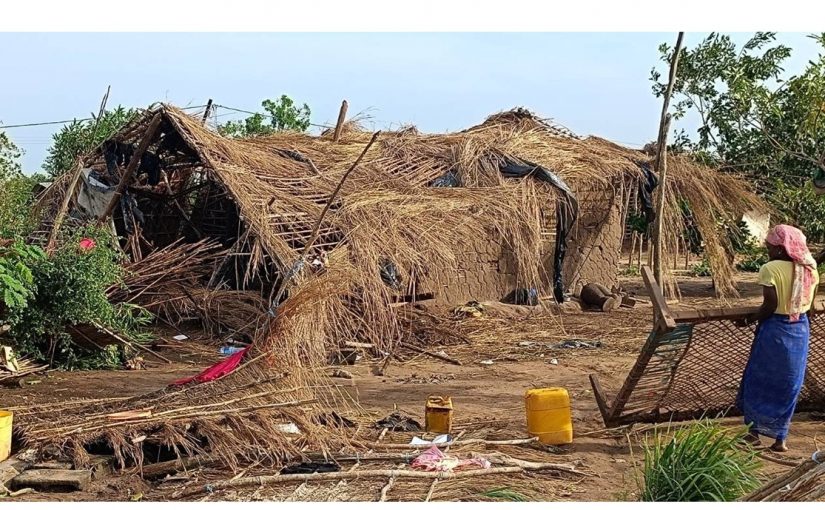
FILE - For illustration purposes only. [File photo: IOM Mozambique /X]
The United Nations Population Fund (UNFPA) said on Tuesday that it needs US$7.2 million (€6.9 million) to support Mozambique following the passage of cyclone Chido.
The cyclone mainly affected the province of Cabo Delgado, in the north of Mozambique, about a month ago, causing at least 120 deaths, affecting 450,000 people and damaging “more than 40 % of local hospitals”, with “more than 12,000 pregnant women losing access to health care”, according to information released by the UN agency.
“Acting in partnership with the government, the agency aims to support women and girl victims. The community needs shelter, food and long-term medical and psychosocial support,” recognises the UNFPA.
“Together with the government of Mozambique, UNFPA is requesting US$7.2 million to support the women and girls affected by Cyclone Chido,” adds the report.
Intense tropical cyclone Chido, level 3 (on a scale of 1 to 5), hit the coastal area of northern Mozambique in the early hours of 14 December, then weakened to a severe tropical storm, and continued to batter the provinces in northern Mozambique over the following days with “very heavy rainfall of over 250 mm [millimetres]/24 hours, accompanied by thunderstorms and winds with very strong gusts”, according to the National Emergency Operation Centre.
Recently updated figures from the Mozambican authorities show that at least 120 people have died and another 868 have been injured in northern and central Mozambique.
Mozambique is considered one of the countries most severely affected by climate change in the world, facing cyclical floods and tropical cyclones during the rainy season, which runs from October to April.
Meanwhile, at least 11 people have died and almost 20,000 homes have been destroyed following the passage of a new tropical cyclone ‘Dikeledi’ through northern Mozambique, which affected the province of Nampula.
According to a report by the National Institute for Disaster Risk Management (INGD), with preliminary data up to Saturday, the passage of that cyclone affected 249,813 people, totalling 49,412 families, with 27,470 houses partially destroyed and 19,751 totally destroyed, as well as 95 houses flooded and 44 health units affected.
On Saturday there were 2,316 displaced people in three accommodation centres in the province.
The INGD’s balance sheet also pointed to 129 schools affected by the cyclone, including 371 classrooms and consequently 807 teachers, but also 67 kilometres of road, 115 damaged boats and 2,278 fallen medium voltage poles.
The tropical cyclone Dikeledi was the second to hit northern Mozambique in the space of a month.
Mozambique: @UNFPA offers much needed help to pregnant women after more than 50 health facilities are reported to be completely or partially inoperable due to tropical cyclone Chido destruction https://t.co/RRuYcP6IMu
📷: UNFPA/António Mussuque pic.twitter.com/byCYrL4s5Y— ReliefWeb (@reliefweb) January 20, 2025
🌪️On January 13, Mozambique was struck by Cyclone #Dikeledi, just a month after the devastation of Cyclone #Chido.
IOM in coordination with INGD are conducting assessments to identify immediate needs and support cyclone affected communities. pic.twitter.com/RpUGWSIaCa
— IOM Mozambique (@IOM_Mozambique) January 20, 2025




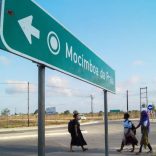
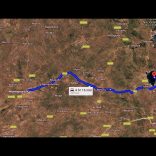
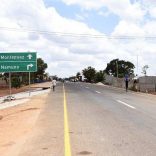
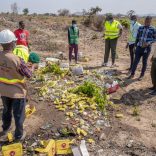





Leave a Reply
Be the First to Comment!
You must be logged in to post a comment.
You must be logged in to post a comment.